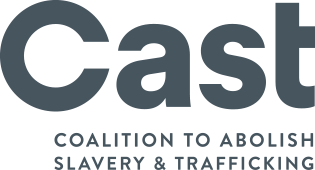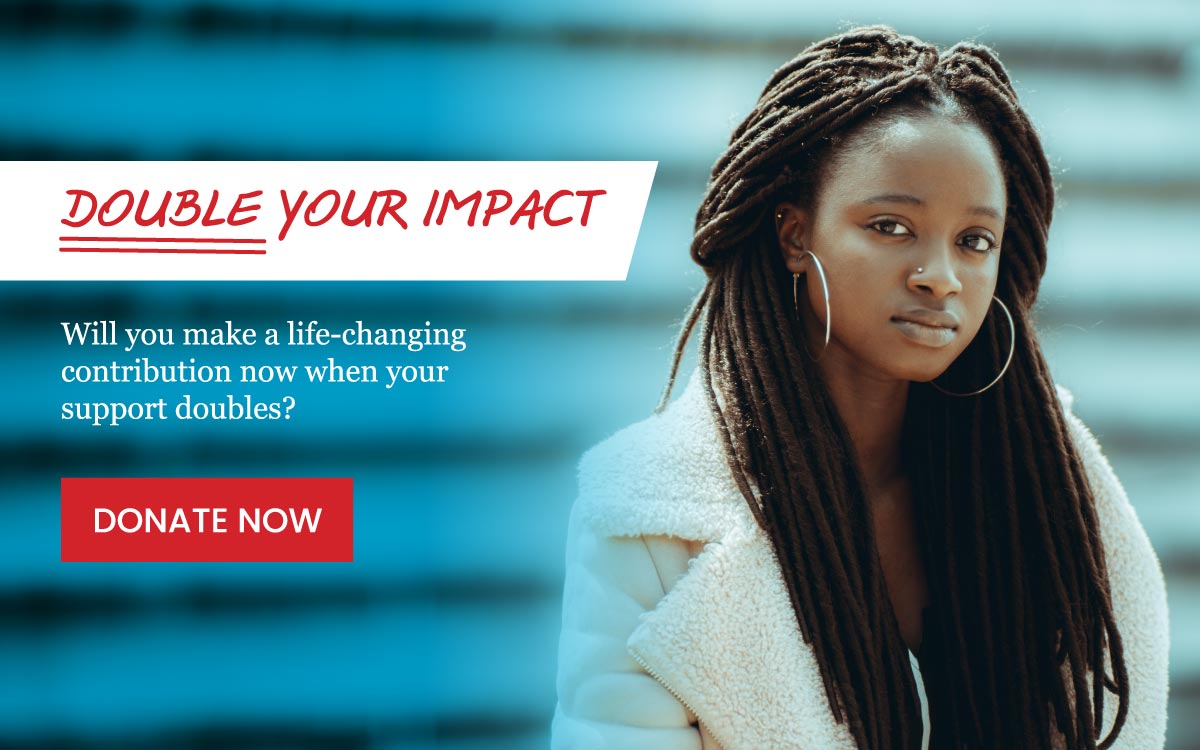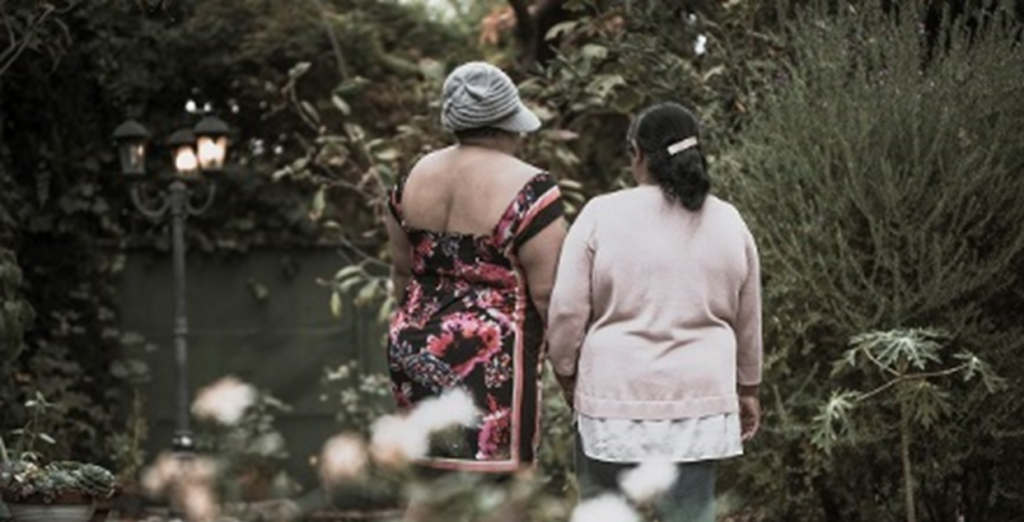
The California Senate will vote soon on AB 364 by Assemblyman Freddie Rodriguez. The Foreign Labor Contractor Registration bill is a quiet piece of legislation with the potential to speak loudly to our values and commitment to human rights.
If passed, AB 364 would extend anti-trafficking protections to all temporary workers in California, particularly by targeting unethical, and often criminal foreign labor contractors (FLCs).
State and federal law currently protects against labor trafficking by providing criminal and civil sanctions against employers who engage in trafficking. However, current law leaves major regulatory gaps at the point of recruitment, through which thousands of migrant victims fall prey.
Once here, traffickers control their victims through fraud, force, and coercion.
This lack of protection can have disastrous consequences, with unscrupulous FLCs luring migrant workers into the US with the promise of good jobs only to then be labor and/or sex trafficked.
Take the case of Raymundo, who was recruited from rural Mexico to work in California avocado groves. He was promised high wages, room and board. Once here, he was forced to work long hours without breaks, never paid what he was promised, and was forced to live in a large room with over 30 other men. They were held in the farm camp, not allowed visitors, and not allowed to leave. He was constantly monitored, verbally harassed, and threatened with deportation if he did not obey the traffickers. Through sheer bravery and grit, Raymundo managed to escape and seek services. He now works for a farm where he feels respected and welcomed, where he can live reunited with his family.
Traffickers like the ones who controlled Raymundo purposefully target economically vulnerable people abroad who believe they are legally securing good jobs in the U.S. Once here, traffickers control their victims through fraud, force, and coercion; and while the specific abuse victims endure varies, it can (and often does) include physical and sexual violence, amid threats of deportation or violence against the victim or their family.
Trafficking by FLCs disproportionately affects people of color, particularly Latino and API individuals. Freedom Network, a national coalition of anti-trafficking organizations, reports 87% of trafficking survivors they serve are people of color.
Business support for the bill makes sense from both a financial and moral perspective.
Taking California employers’ hiring history into account, it is clear that California employers need migrant workers, and rely on FLCs to recruit workers, handle their immigration, and make living arrangements.
UC Davis reported that FLCs brought in about 143,000 agricultural crop workers in 2020 alone. Without state regulations, well-intentioned businesses often cannot tell if the FLCs they use engage in ethical recruitment or human trafficking.
This is what AB 364 seeks to remedy by 1) requiring all FLCs to register with the Labor Commission, 2) requiring California employers to use only registered FLCs, 3) requiring full and honest disclosure of working terms and conditions during the recruitment process, including no fees, and 4) enacting penalties for failure to comply with these requirements.
AB 364 has received support from an unusually broad alliance, including law enforcement, Fortune 500 companies, civil rights and legal aid organizations, and some 33,000 individuals including victims of trafficking like Raymundo.
Business support for the bill makes sense from both a financial and moral perspective. Businesses benefit from AB 364’s ensuring that FLCs recruiting for them do so ethically, thereby mitigating the legal liability they currently face if found to be profiting from forced labor.
In addition, AB 364 reduces unfair competition from those businesses willingly using trafficked victims to undercut their competitors’ operating costs.
The temporary workers who AB 364 protects are essential workers and fellow human beings. These are the people who take care of our elderly relatives in care homes, who keep food flowing to our table during the pandemic, and care for our homes and children. These are not disposable roles in our society.
We should honor the importance of their essential work by protecting them against trafficking in California.
Our current system allows predators to operate among us, but we are better than that.
Let’s make sure our laws reflect who we are at our best, instead of turning a blind eye to the worst of the worst.






